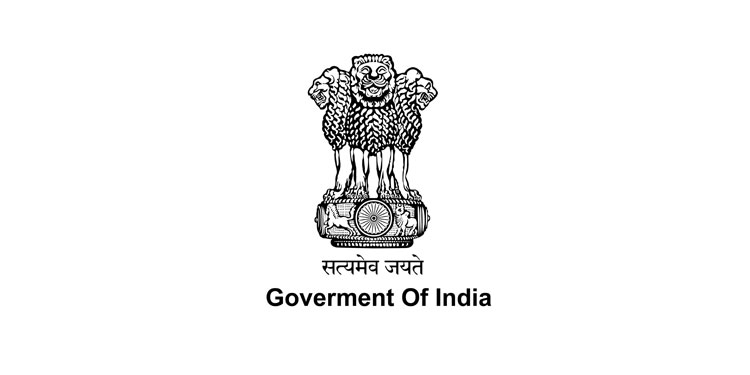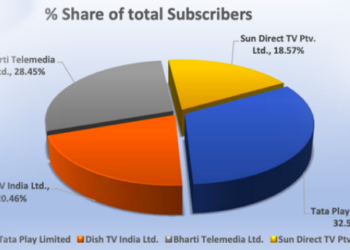New Delhi: Government of India has proposed to remove jail terms for violating Cable TV Networks Regulation Act, in a move to decriminalize smaller offenses such as technical or financial in nature.
The move to decriminalize offenses of a technical and financial nature was raised by the Confederation of Indian Industry early in February this year. Following this, Finance Minister Nirmala Sitharaman announced the decriminalization of offenses under the Companies Act in the budget presented in the same month.
Presently, the violation of the cable TV Act can result in jail terms of up to two years for the first offense, and up to five years for repeat offenders, the law applies as much to channel owners as it does to signal distributors like cable and DTH operators.
The Cable TV Act has two key thrust areas — one targeted at regulating cable and DTH operators, and the other targeted at regulating television content/broadcasters. In its role as a regulator of the distribution industry, the Act lays down punishments for unauthorized distribution of TV channels, piracy, under declaration of subscriber numbers, failure to comply with TRAI directives, and so on.
The rules have often been blamed for being too vague and therefore overreaching in its scope. The rules, for example, including prohibitions on content that “offends against good taste” or “encourages superstition” — which leave liberal scope for interpretation by the executive.
The decriminalization proposal floated by Ministry of Information and Broadcasting, punishments for offenses committed under the Act would be limited to seizing the equipment of the operator, cancellation of the license, a ban of up to 30 days on the broadcasting of the channel, forcible running of apology scrolls and so on.
The earlier provision for jail terms for the key decision-maker(s) in the company will be done away with. MIB said that the move is part of the broader thrust to reform governance in India and make laws more business-friendly.
The proposal has been placed on MIB’s website for public comments until 24 July, after which the government will move to incorporate it into law.
The proposed amendments are likely to be wholeheartedly supported by cable TV and DTH operators.
















